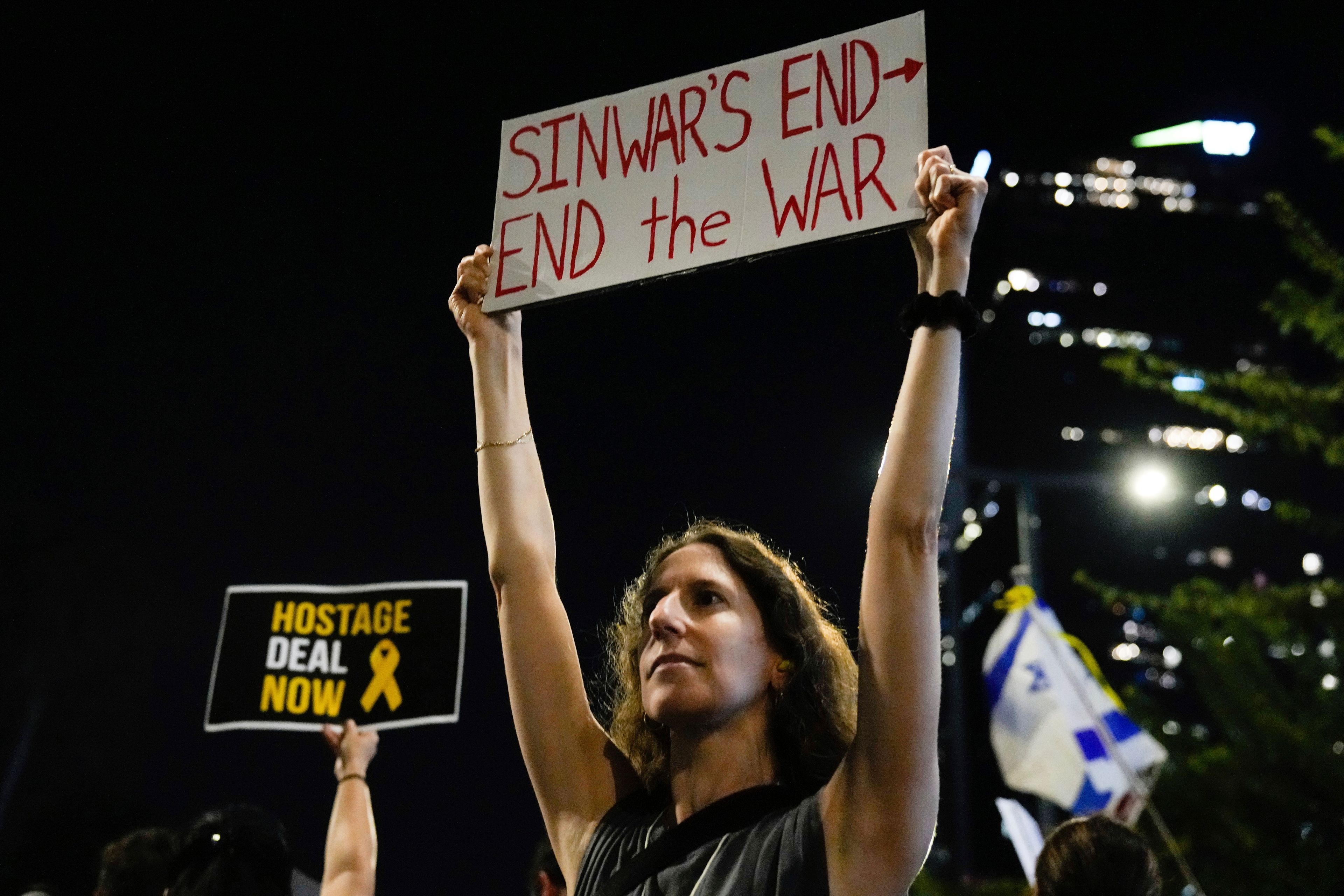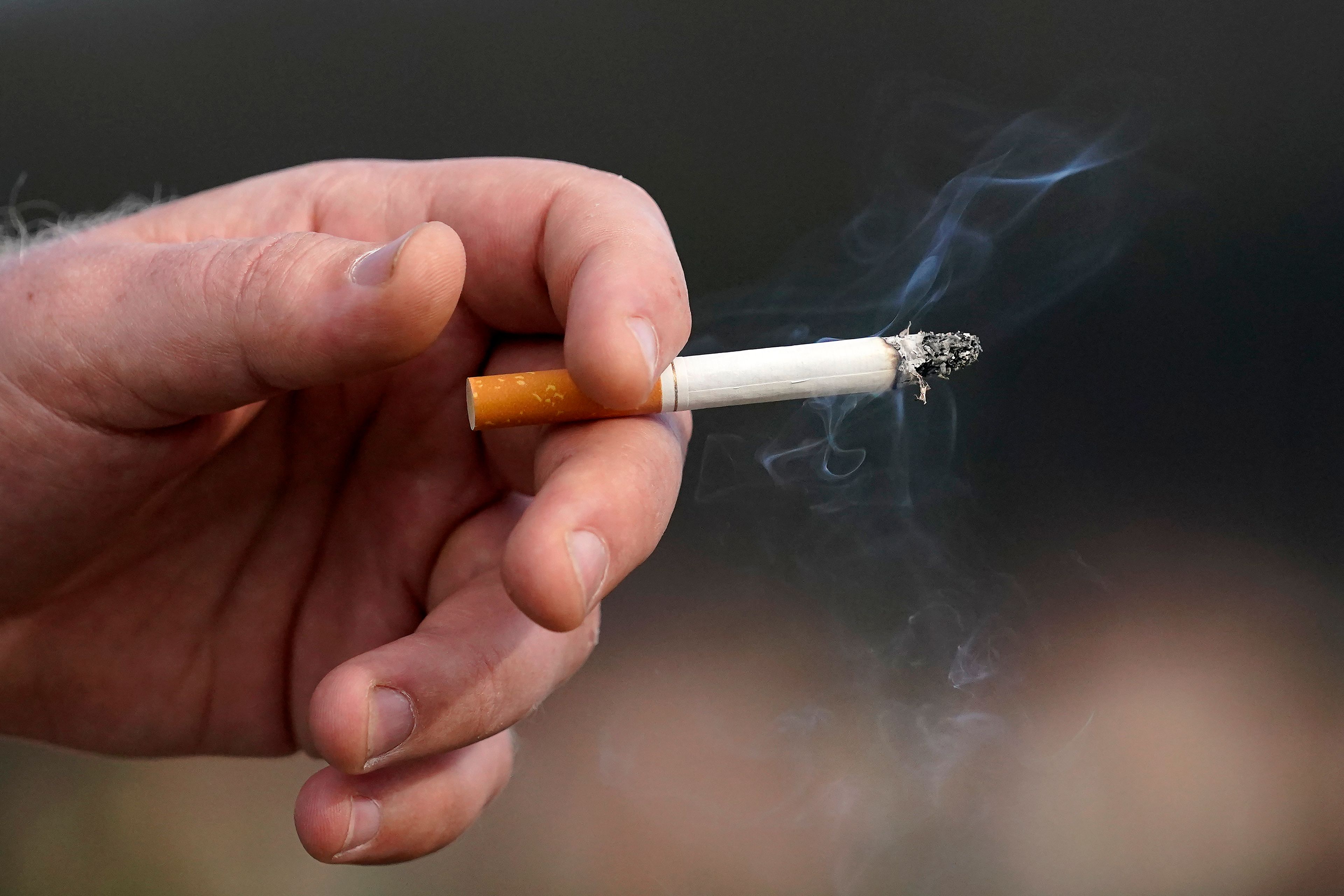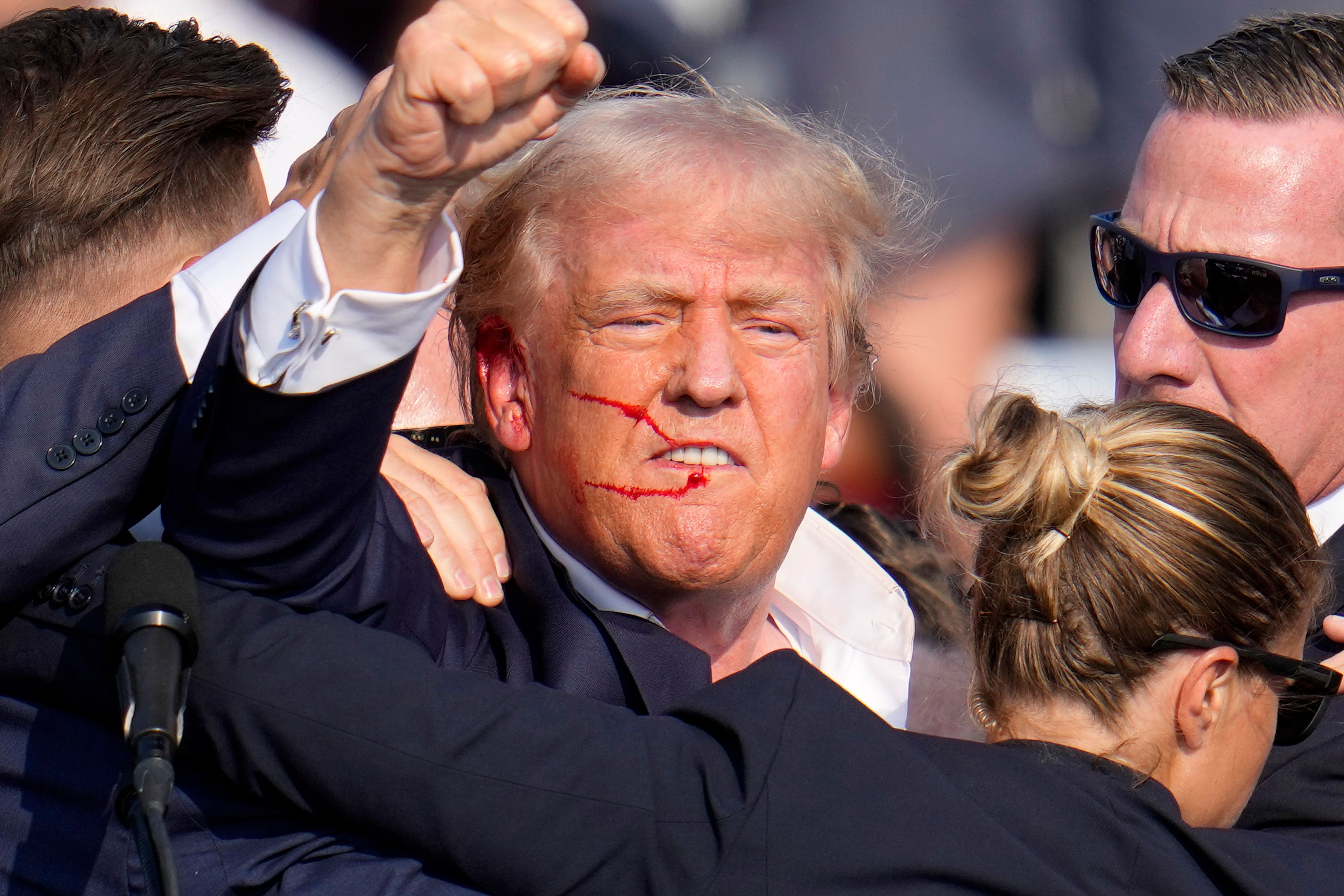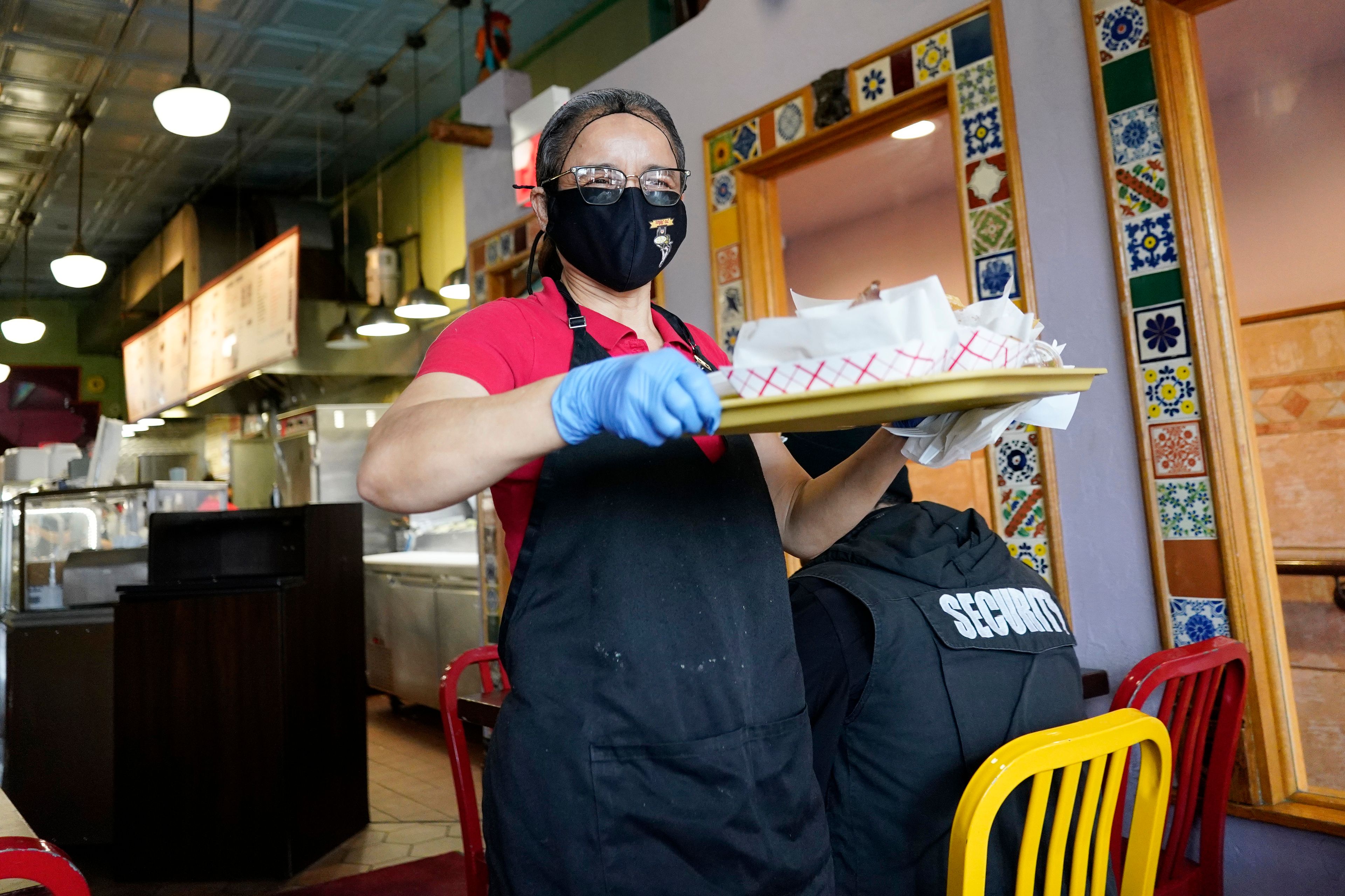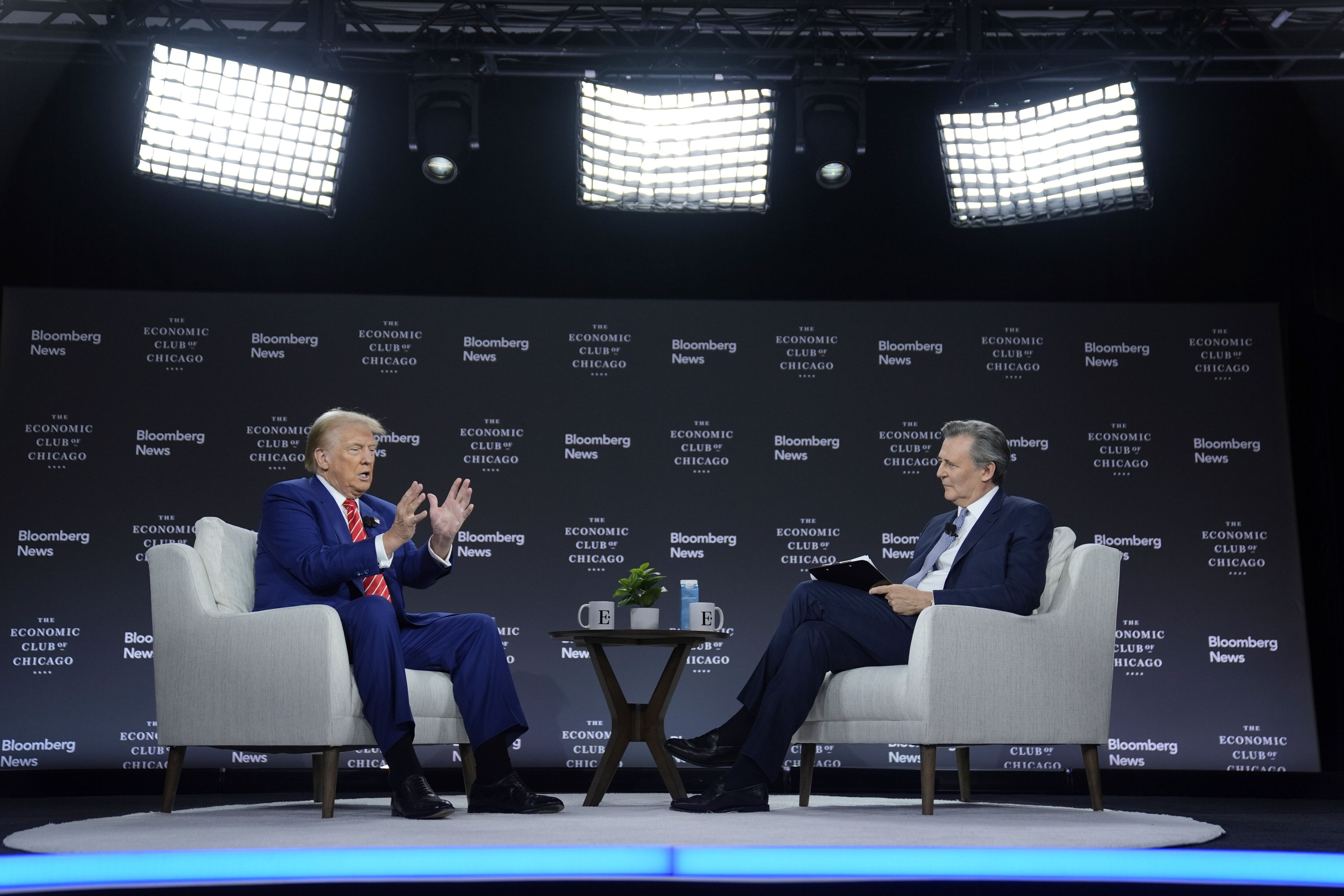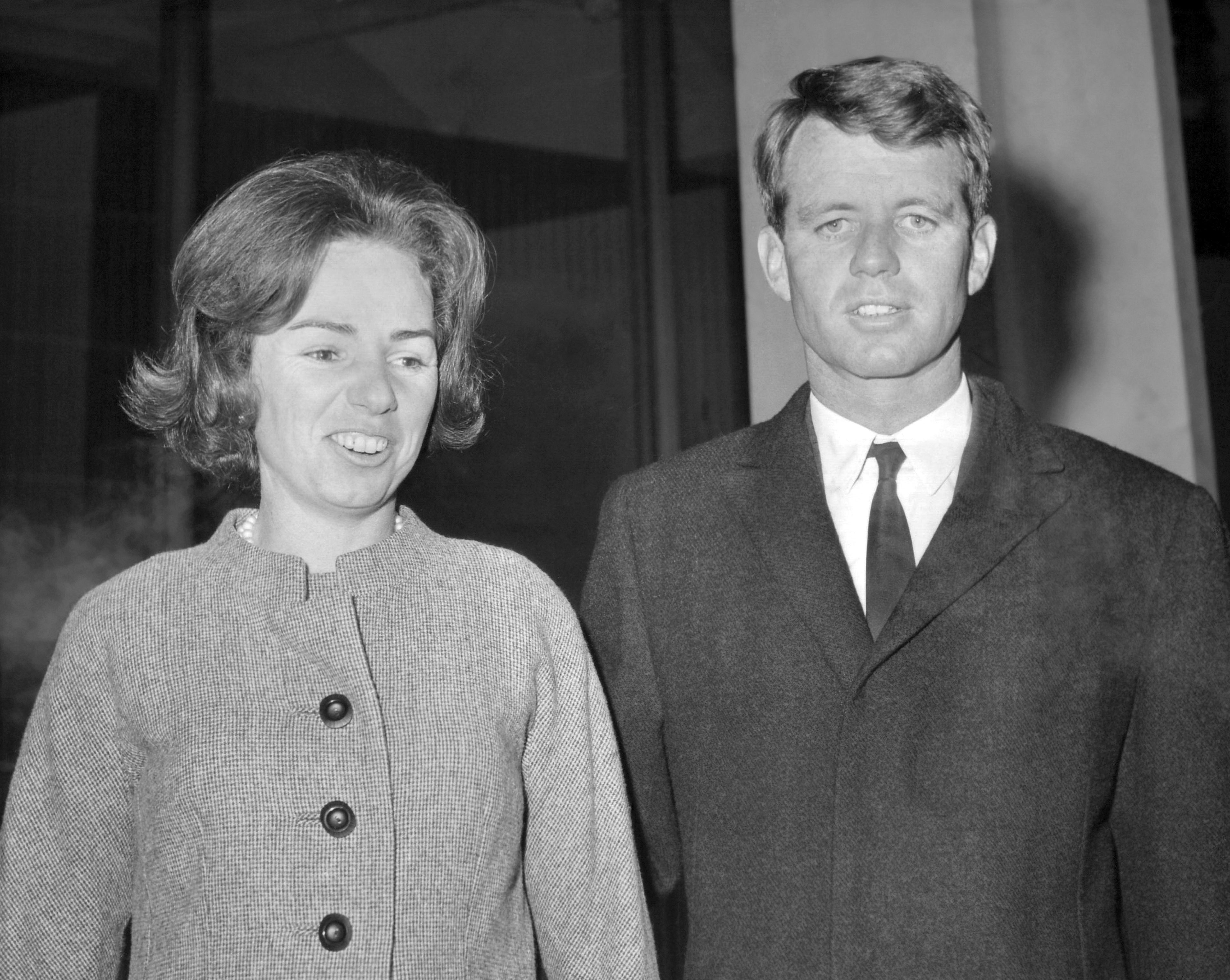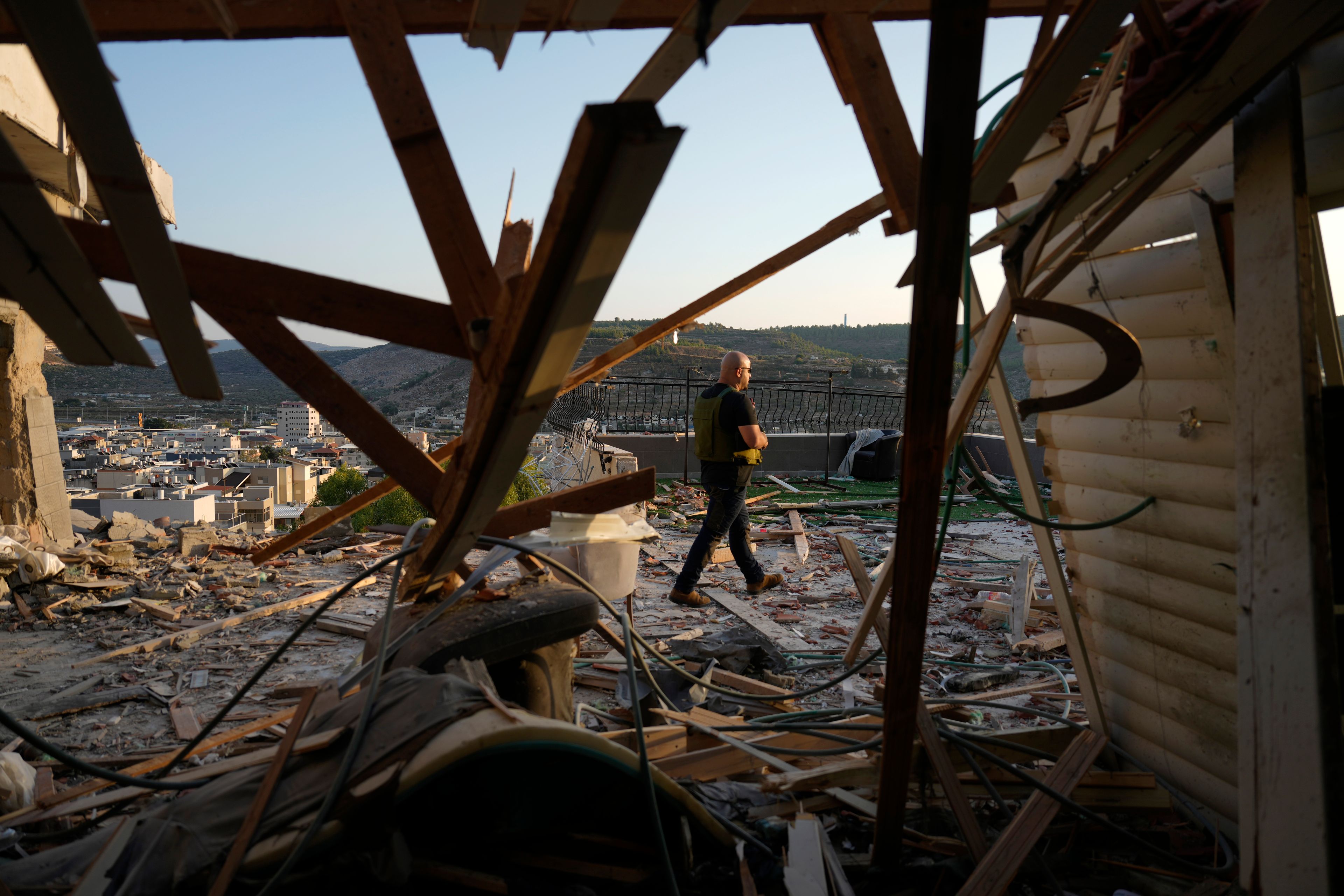Russia's wealthy elite could face higher income tax as authorities propose a new, progressive system
Russia’s wealthy elite could face higher income taxes
MOSCOW (AP) — Russia's wealthy elite could face higher income taxes, according to a proposal the country's finance ministry floated on Tuesday.
The proposal, which would likely have to go through parliament for approval and subsequently a signoff by President Vladimir Putin, comes as Russia continues to spend vast amounts of money on the military campaign in Ukraine.
The proposal involves a progressive tax on personal incomes and represents a change of course from the current flat-rate tax that was credited with bringing order and improving tax collections after it was introduced in 2001.
It envisages imposing a 13% tax for incomes of up to 2.4 million rubles ($27,000) a year. For incomes over that amount, a steadily higher tax rates would apply. The maximum tax would be 22% for annual incomes exceeding 50 million rubles ($555,000).
The increased taxes would affect only 3.2% of Russia's working population, Finance Minister Anton Siluanov said on the ministry’s website. The 2.4-million-ruble level is about three times higher than the country's average salary, he said in a commentary.
"The proposed progressive scale should not concern the overwhelming majority of the population,” he said.
The 13% flat tax was put into effect in an attempt to discourage tax evaders and boost the state's revenue. In 2021, Russia modified the system so that people earning more than 5 million rubles a year would pay 15% on the amount above the threshold.
That new tax brought in an extra 8.3 billion rubles the first year it was imposed, the Russian business news site RBC reported.

